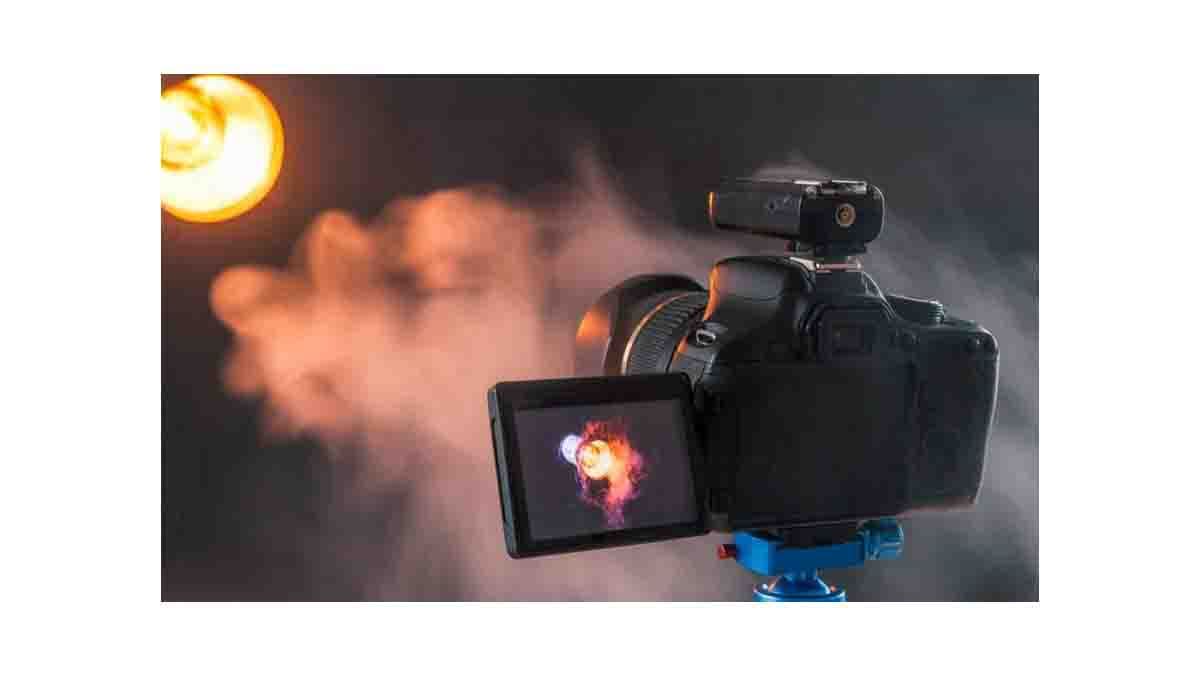Practicing pharmacists, also known as medical professionals, typically undergo training, testing, and rigorous education (RPh Degree).
After completing internships and school, the requirements needed to practice and earn a license as a registered pharmacists include sending in applications and passing exams.
However, a major requirement is an RPh Degree. This article will explain RPh degree and how it differs with a PharmD.
What is an RPh degree?
RPh is an acronym that stands for Registered Pharmacist. It is a degree program where all the knowledge needed in a pharmaceutical study is acquired.
Technically, one becomes a registered pharmacist, i.e, earning the professional designation, after passing the state and national pharmacy board examinations.
How long it takes to get an RPH degree?
Getting an RPh degree can take up to 4 to 6 years. Registered pharmacists get training to perform everything a typical pharmacist does.
Their job description may include:
- Improve the effectiveness of a medication or drug through the right counseling and guidelines.
- Try everything possible to hinder the side effects of medication.
- Keep patients who are safe from drugs interaction.
- Counseling patients on the storage and usage of drugs.
Places a Registered Pharmacist can work:
People who have completed and earned an RPh degree can work in several places. They include:
- Clinics
- Hospitals and Retail pharmacies
- Research labs
- Government and military facilities
Roles and Responsibilities of Registered Pharmacists
- The primary focus of RPh should be on ensuring medication adequacy and efficacy (safety and effective use).
- Their knowledge is used to counsel patients, write medications, and conduct evaluations.
- Registered pharmacists perform several tasks daily, of which administration of vaccines is one of them.
- Aside from work involving customers, they also oversee pharmacy technicians, making working easier.
Moreso, they check prescriptions for negative effects and try as much as possible to avoid giving them to patients. No doubt, some drugs could be allergies.
Also, they are responsible for liaising with insurance companies to ensure their work’s safety and continued existence.
Read this: Hospitality management degree (Full review)
What is the difference between an RPh degree and a PharmD?
No doubt, RPh degree and Pharm.D have a lot in common. In as much as the two are similar, they are entirely different.
What is PharmD?
PharmD is not the same as PhD; rather, it is the degree obtained from the study of pharmacy, otherwise recognized as the “Doctor of Pharmacy,” while RPh is the practicing license.
The doctor of pharmacy (PharmD) degree is earned over several years and could take three to four years to complete. However, it is a prerequisite to becoming a registered pharmacist, similar to a Doctor of Medicine (MD).
As far back as 2006 in the United States, one cannot become a licensed practicing pharmacist without a PharmD.
Thus, the registered pharmacist designation (RPh) indicates that one has passed state and national board exams and has been granted a license to practice pharmacy.
In previous years, anyone with a bachelor’s or master’s of science degree in any qualified field could apply for board examinations.
Origin of PharmD:
In 2000, PharmD was allotted the entry-level degree by the American Association of Colleges of Pharmacy (AACP) in several countries. However, one important benefit of PharmD is that it enables students to practice pharmacy with patients.
Regardless of one’s degree or career path, registration is compulsory for all pharmacists to practice pharmacy.
A license shows that the pharmacist has aced the North American Pharmacist Licensure Examination (NAPLEX) or any other licensing exam before the NAPLEX, along with multi-state or state examinations, depending on guidelines.
Steps to earning an RPh degree
The first line of action to getting a license to practice pharmacy should start with obtaining a degree.
Also, if this career correlates with your line of interest, training as a pharmacy technician wouldn’t be a wrong move, as practical experience, completion of education, and training are required to become a registered pharmacist.
Experience probably obtained as a pharmacy technician or any other related role can give you an edge over others in a job interview.
Steps to becoming a registered pharmacist:
1. A dual-degree program selection:
A dual-degree program offers one the opportunity of earning a bachelor’s degree alongside a doctor of pharmacy degree. Completion of this program could take six to seven years.
2. Fill in for a doctorate-only program:
A doctorate-only program accepts those who have earned a bachelor’s degree in biology or chemistry. Completion could take up to three to four years.
3. Pass your examinations:
Ensure to pass all admission exams, particularly those covering quantitative reasoning and biological processes. Each institution determines its passing scores.
4. Secure an internship:
Ensure to complete an internship based on your state’s requirements, as they differ from location to location.
Read this: Best Degrees For Entrepreneurs
5. Pass the licensing exams:
Asides from passing examinations to get a bachelor’s degree. Ensure to pass licensing exams, but this comes after completing your degree.
The two licensing exams include the North American Pharmacist Licensure Exam (NAPLEX) and a state’s equivalent or the Multistate Pharmacy Jurisprudence Exam (MPJE).
6. Register to become a practicing professional:
The last step is registering and getting your license based on your state’s guidelines.
Skills to boost your CV (Rph degree)
Skills pertinent to the role of a pharmacist are utmostly developed while studying pharmacy. They include:
- Technical knowledge (facts and theories) related to the discovery, design, development, manufacture, and delivery of medicines to consumers.
- Knowledge of medicinal properties and their clinical uses.
- Reaction of patients to medicines
- Effective communication skills to enable interaction and dissemination of information to patients and other health professionals.
- Pharmacy-specific scientific documentation
- Pharmaceutical instrumentation operation
- Knowledge of the Law and Ethical concerns that govern the supply of medicines
- Medications analysis
- Understanding of not just Individual patient care but also public health issues and concerns.
A range of other skills can also be developed, which could attract employers in other sectors. They include:
- Team player skills, i.e ability to work in a team
- Computation and Numeration skills
- Marketing and Commercial awareness/sensitization skills
- Analytical, research, and critical evaluation skills
- Organizational and time-management skills
- Strong communication and interpersonal skills
- Problem-solving skills
Conclusion
Graduates of pharmacy who desire to work in scientific research and development can pursue an MSc or PhD in pharmacy, biomedical or chemical sciences.
Also, graduates who intend to pursue employment outside of pharmacy are urged to enroll in a relevant postgraduate or vocational degree to broaden their knowledge and abilities.
Awesome one; I hope this article answers your question.
Share this Information.
Related articles:
- Is A Math Degree Worth It? (FAQs)
- Reasons Why Honorary Degrees Are A Joke (FAQs)
- Hardest Degrees in Guinness World Record (FAQs)
- 15 Highest-Paying Jobs With A Sociology Degree (FAQs)
- 5+ Best Forestry Schools in the World (FAQs, Career, Degree)



